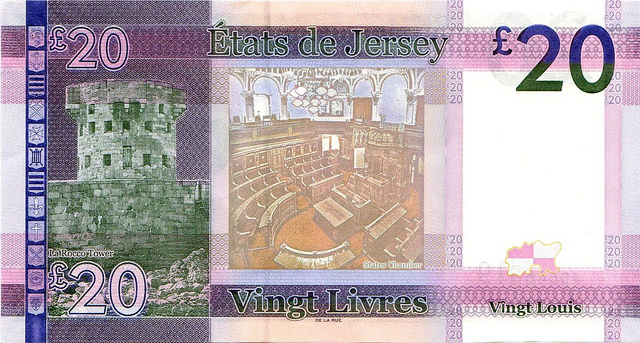Jersey, the largest of the Channel Islands, is a unique and picturesque destination known for its stunning landscapes, rich history, and distinct culture. As a self-governing dependency of the British Crown, Jersey has its own legal and financial systems, which include a unique currency arrangement. In this article, we’ll explore what the currency in Jersey is, how it operates, and how it interacts with other currencies.
The Official Currency of Jersey
The Jersey Pound
The official currency of Jersey is the Jersey Pound, often denoted by the symbol “£” and the currency code “JEP”. The Jersey Pound is pegged to the British Pound Sterling (GBP) at a 1:1 exchange rate, meaning that one Jersey Pound is always equal in value to one British Pound. Although the two currencies are equivalent, the State of Jersey issues the Jersey Pound, the island’s government. It is distinct from the British Pound in design and legal tender status.
Coins and Banknotes
Jersey issues its coins and banknotes, which feature designs unique to the island. Jersey coins are similar in size and shape to those in the UK, but they often depict local landmarks, notable figures, and symbols significant to Jersey’s heritage. Banknotes, too, are distinctively designed, showcasing images related to the island’s history and culture.
The denominations of Jersey banknotes are the same as those in the UK: £1, £5, £10, £20, and £50. Coins are also issued in similar denominations: 1p, 2p, 5p, 10p, 20p, 50p, £1, and £2.
Using Currency in Jersey
Acceptance of British Pounds
While Jersey has its currency, the British pound sterling is also widely accepted throughout the island. This means that visitors from the UK can use their British currency without any issues in most places, including shops, restaurants, and hotels. However, when receiving change, it is expected to be given Jersey Pounds.
Exchange and Conversion
For those visiting from outside the UK, it is important to note that Jersey Pounds are not typically accepted outside the island and cannot be easily exchanged in other countries. If you have leftover Jersey Pounds at the end of your visit, it’s advisable to exchange them for British Pounds before leaving the island, as this can be done easily at local banks and currency exchange offices.
Visitors from other countries can also use credit and debit cards for transactions on the island, as they are widely accepted. ATMs are available throughout Jersey, dispensing both Jersey and British Pounds, depending on the machine.
The Relationship with the British Pound
Pegging and Stability
The 1:1 peg between the Jersey Pound and the British Pound Sterling provides stability for Jersey’s economy, which is closely linked to the UK. This arrangement allows for seamless trade and financial transactions between Jersey and the mainland without the need for currency exchange or the risk of fluctuating exchange rates.
Legal Tender Status
While Jersey Pounds are legal tender within Jersey, they are not legally recognised in the UK. This means that while businesses in the UK may choose to accept Jersey Pounds, they are not obliged to do so. As a result, it is generally recommended that visitors to Jersey exchange any remaining Jersey Pounds for British Pounds before leaving the island.
Conclusion
The currency in Jersey is the Jersey Pound, a distinct currency that operates in tandem with the British Pound Sterling. While both currencies are used interchangeably on the island, it is essential to be aware of the differences, especially when using or exchanging currency outside of Jersey. Whether you’re a visitor or a resident, understanding the currency in Jersey is critical to quickly navigating the island’s financial landscape.


